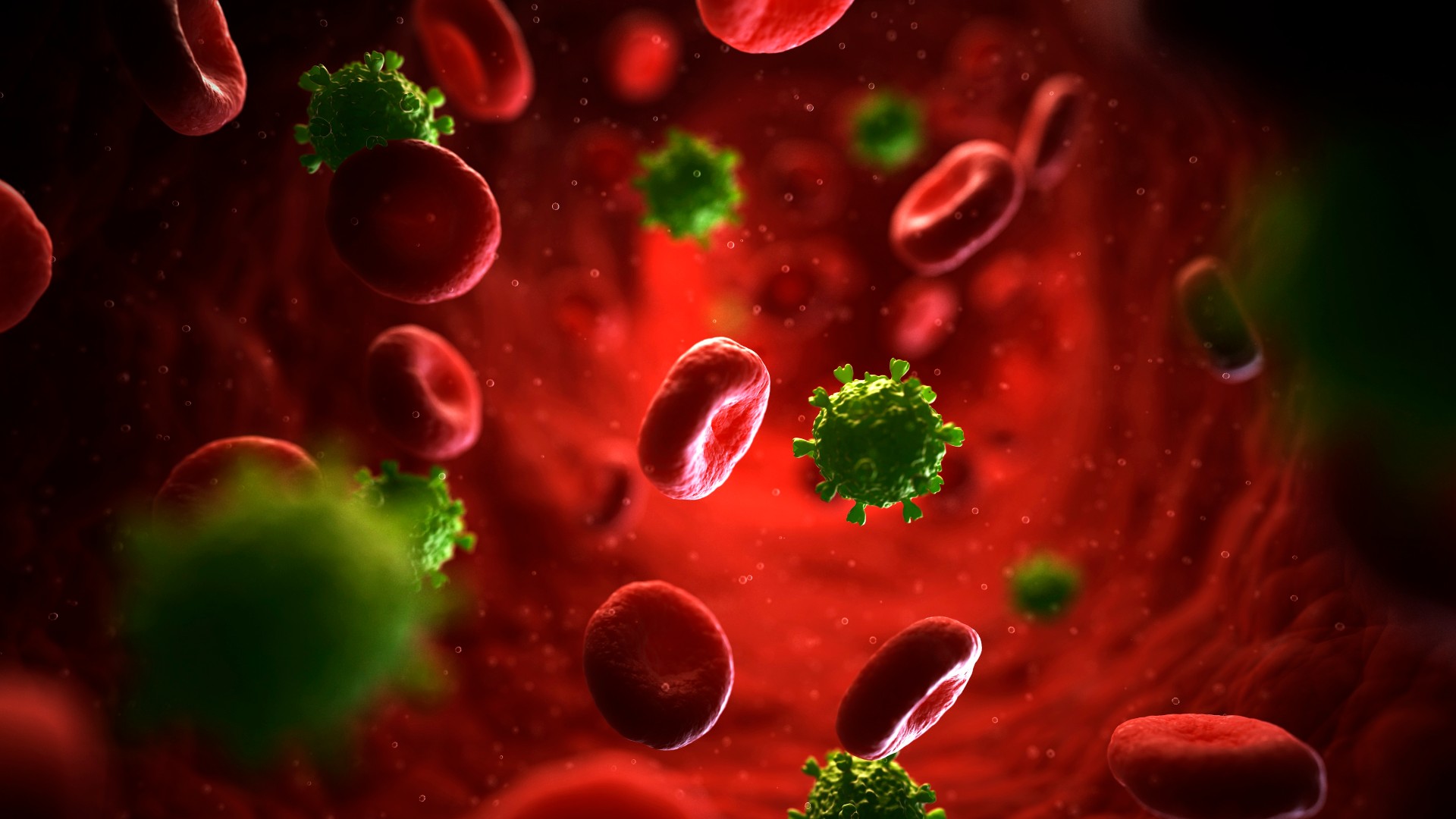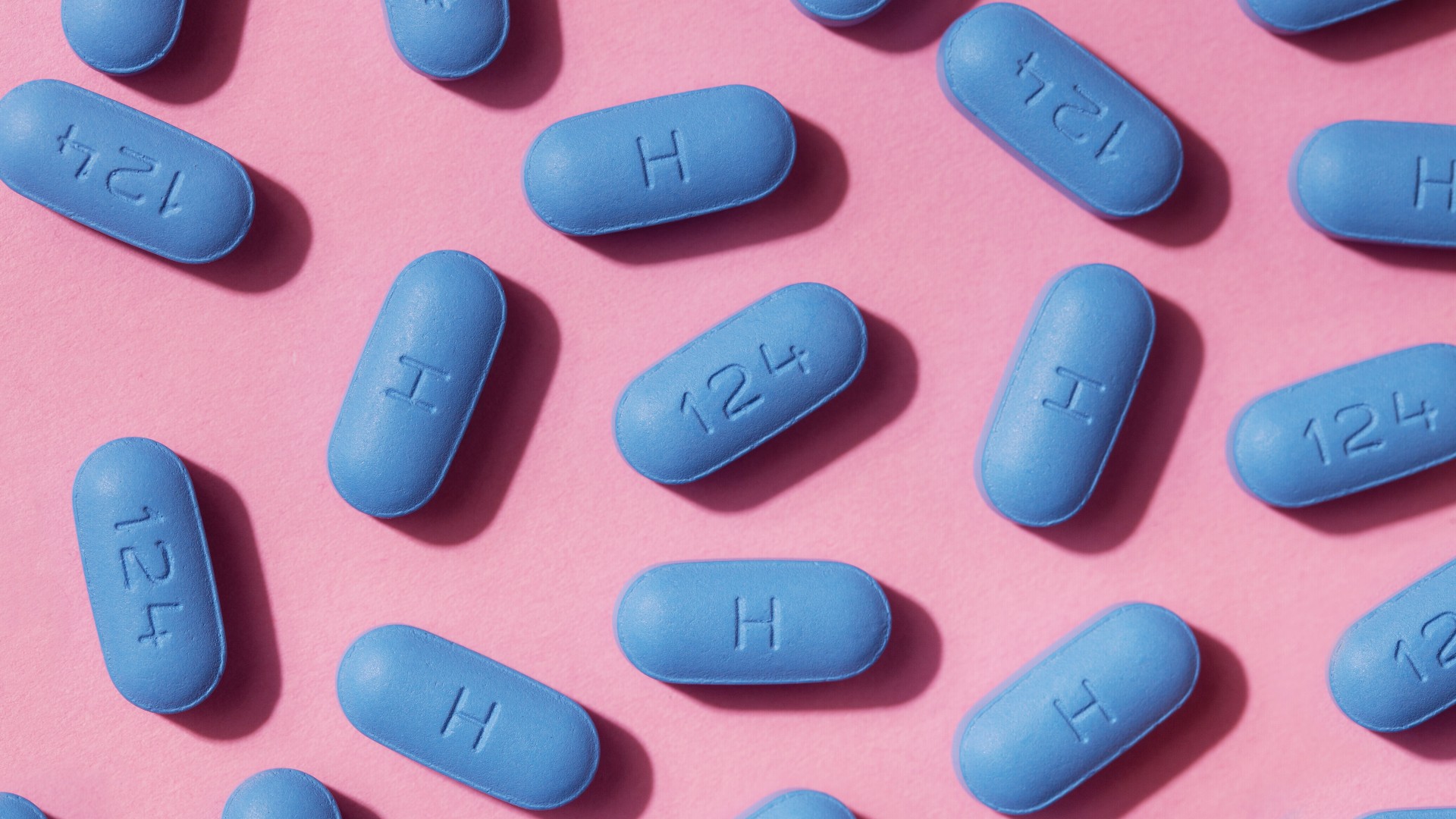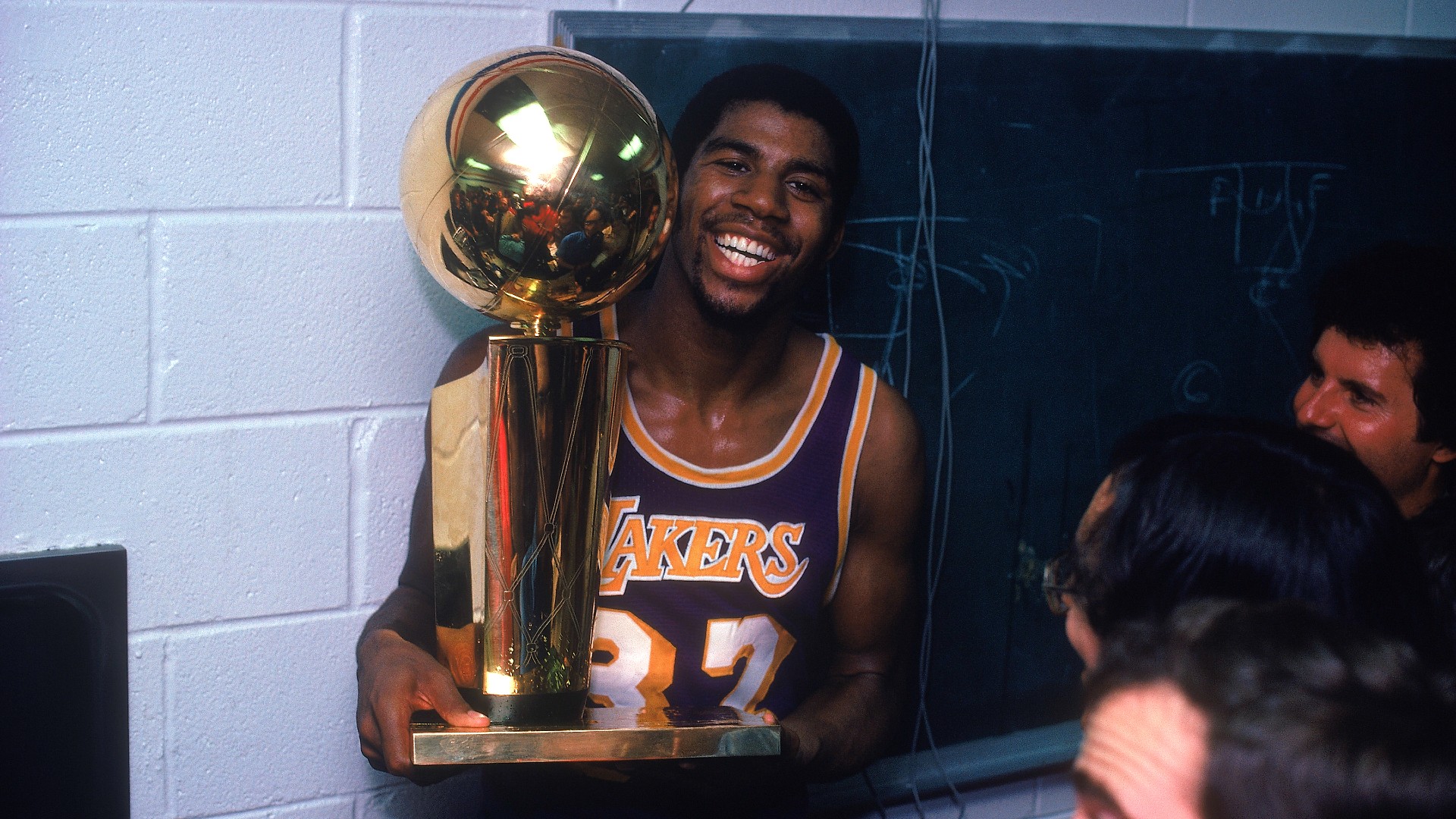Magic Johnson was diagnosed with HIV after a preseason physical for the Los Angeles Lakers in 1991. Magic Johnson shocked the world when he announced that he had contracted HIV, the virus that causes AIDS. There was uncertainty as to what HIV would mean for his future life prospects at the time.
Many people with HIV live a long time with no serious effects on their health. Mark Heisler of the Los Angeles Times wrote that the average period between HIV infections and AIDS diagnoses is now ten years.
In his roles as a sports analyst, businessman and HIV activist, Johnson is still going strong over 30 years later. It might have seemed impossible in 1991, when most people knew that HIV/AIDS can lead to death at a young age.
According to Healthline, the life expectancy of a young person with HIV is the same as that of a similarly aged person without the disease. These kinds of drugs have helped Magic Johnson manage the disease and have made HIV a chronic health condition rather than a fatal disease.
RECOMMENDED VIDEOS FOR YOU...
Spencer Lieb, senior epidemiologist and HIV/AIDS research coordinator for the Florida Consortium for HIV/AIDS Research told Live Science that there is nothing unique about Magic.
In the state of Florida alone, hundreds of patients have lived full lives since being diagnosed with HIV in the early 1980s, when the first confirmed AIDS cases were confirmed in the United States. Many others are not as fortunate as Johnson and many others. According to the Centers for Disease Control and Prevention, there are over one million Americans with HIV, and 13 percent of them are not aware of it. Approximately 36,000 people are diagnosed with HIV each year, and more than 15,000 die from AIDS-related illnesses.

Despite new advances in medical science, HIV is still a problem. HIV enters the host DNA during the life cycle of the virus. A subset of HIV proviruses remains silent until reactivation by various stimuli. Nathan W. Cummins, MD and Andrew D. Badley, MD wrote about this in a paper.
Johnson and others have been able to prevent their disease from progressing into AIDS.
The immune system of a person with HIV kills off most of the virus and cells. The National Institute of Health says that over time, the HIV cells replicate, attacking the immune system in seven stages. The HIV life cycle is a gradual process that can be stopped by blocking the virus at each stage.
Powerful drugs have been developed to help Johnson block the virus. A regimen of three or four drugs, collectively known as ART, was the key weapon in the beginning.
They told me that the three-drug combination was going to save my life. Everything has gone according to plan. There was one drug, now we have many.
According to the Daily Beast, one of Johnson's doctors put him on the experimental drug cocktail about a year and a half before it came into widespread use.
Lieb told Life's Little Mysteries that "magic got a jumpstart on experimental drugs before they were released to the general public."
HIV spreads by hijacking a subset of white blood cells called CD4 cells or T cells, which are the body's first line of defense against foreign invaders, and using the cells' DNA to make copies of itself or replicate. The most common drugs in the ART regimen target two of the enzymes that HIV uses to replicate itself.
The reverse transcriptase is the firstidase that turns the genetic instructions in a single strand into double-stranded DNA. In scientific terms, this mode of replication makes HIV a retroviruses, hence the drugs.
New, functional HIV particles are created by cutting up the proteins produced by our hijacked cellular machinery.
According to the Daily Beast, Johnson is currently taking drugs that are contained in the pharmaceuticals Trizivir and Kaletra, which can disrupt these processes.
Lieb said that these and other HIV-fighting drugs arehideously expensive.
Public and private medical insurance, as well as various assistance programs, make the medicines more affordable and available to the vast majority of patients in the United States and other parts of the world. Lieb said that Johnson, who is wealthy, is buying himself special treatments.

Most people living with HIV can see the number of virus particles in a sample of their blood if they take the right regimen every day.
A low viral count reduces the chance of a random copy of the virus emerging that can be resistant to therapy. A low viral load reduces the risk of transmission.
In rare instances a person living with HIV can keep AIDS at bay on their own. These long-term nonprogressors orelite controllers are estimated to be one in 500 and have lived for decades with HIV.
It is not known if Johnson is part of this breed, but more than likely he would be progressing.
According to the current estimate of UNAIDS, there are 37.7 million people battling the virus, and researchers continue to study long-term nonprogressors to get insights on HIV resistance.

Making people aware and understanding of the virus is one of the most important contributions Johnson has made to people with HIV. After announcing his retirement from the NBA, Johnson opened up about his experience.
MyIgnorance could cost me my life, but I wanted to try and ensure that no one else would become HIV positive for the same reason.
I retired from the NBA because I had tested positive for HIV. I said that I was going to be a spokesman for the fight against the human immunodeficiency virus and an advocate for practicing safe sex by using condoms. I said I was going to beat the disease. Johnson wrote that he would.
He was an activist for HIV and AIDS and launched the Magic Johnson Foundation to raise awareness about the disease.
His approach acted as a public-health catalyst.
We are still looking to cure other conditions, like HIV and AIDS. Some of the cancers we are still battling are so challenging that you can learn about them.
Mental health is a field that we hope to understand more about. Find out why exercise is important to mental health.